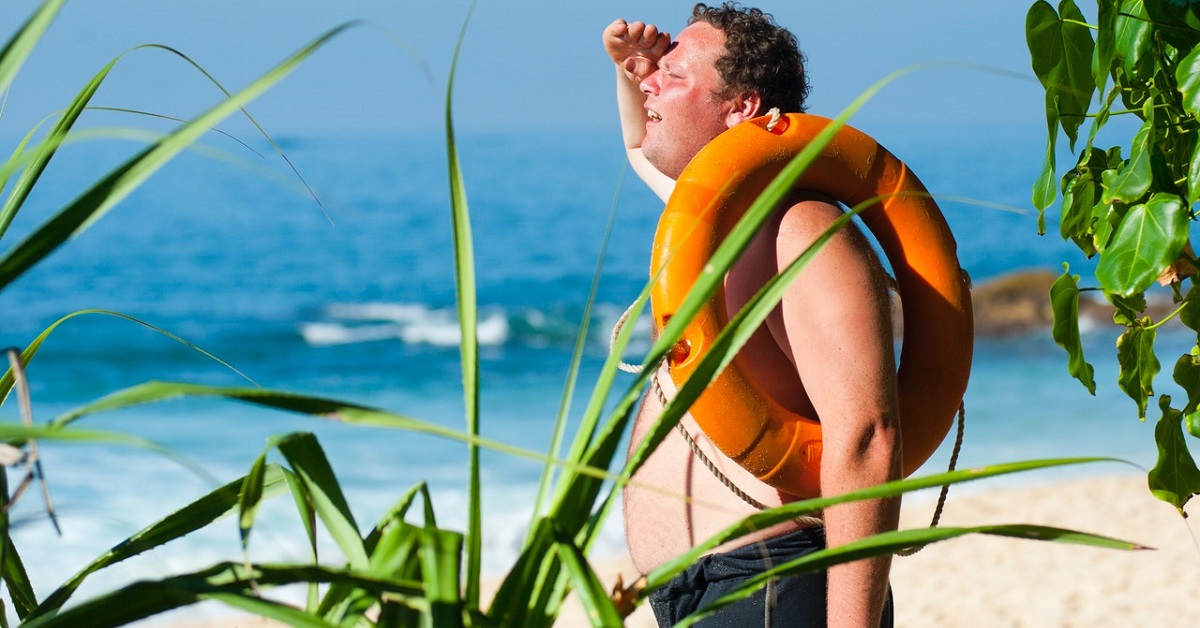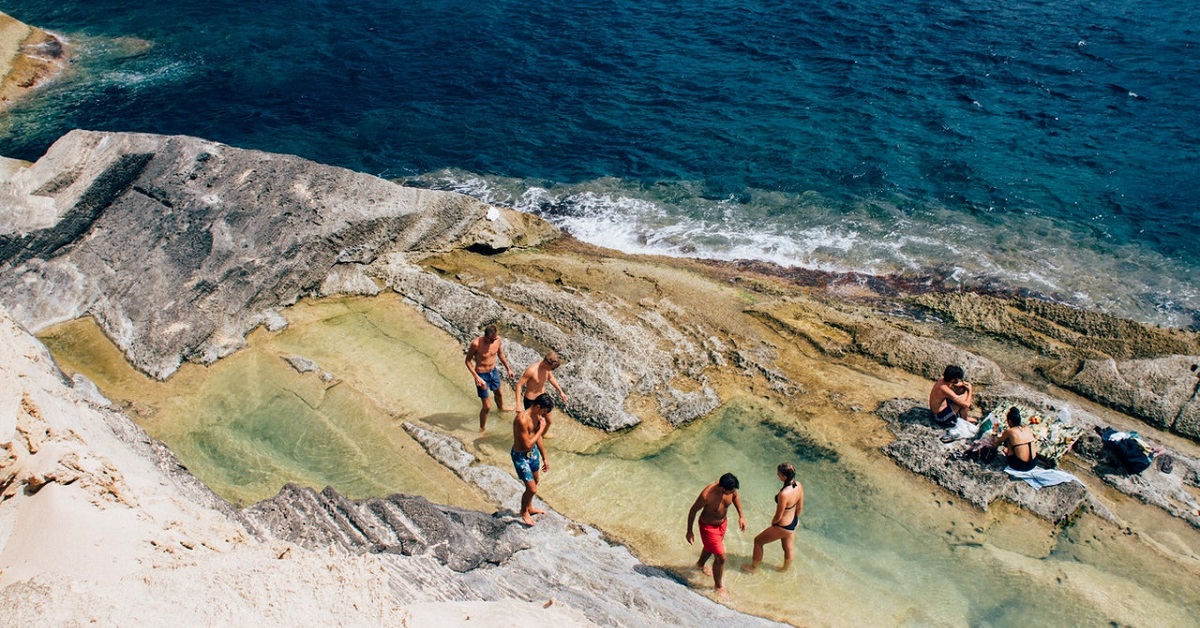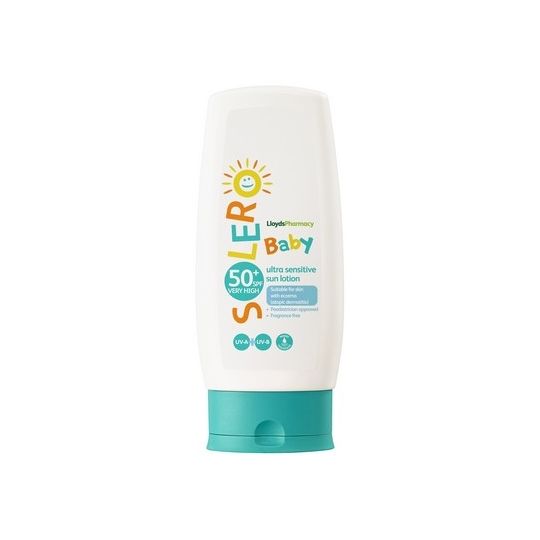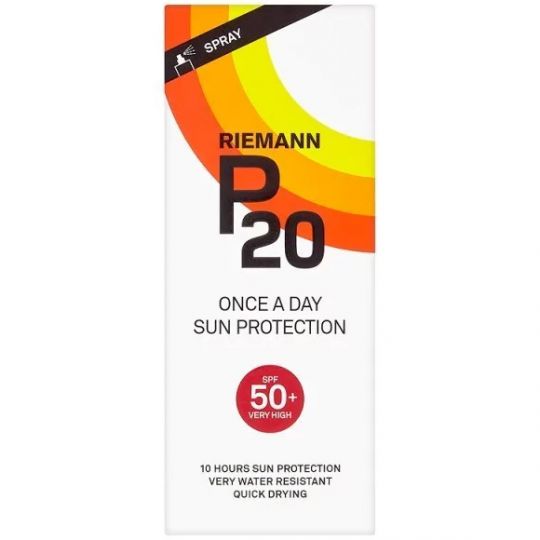Chemist.net Cookie Policy : We use cookies to enhance your user experience. To find out more please view our cookie policy
How Do You Protect Yourself from Sunburn?

Sunburn is skin damage caused by ultraviolet (UV) radiation exposure. When exposed to excessive UV light, the skin becomes hot, red, painful, and uncomfortable. Sunburned skin gets crimson within hours. Over the next 1 to 3 days, the sunburn will continue to develop/heal. Continue reading to find out the best home remedies for sunburn.
The majority of people who've been sunburned also peel. That is the body's way of removing dead and damaged skin cells to reveal the new skin beneath.
How does sunburn occur?
UV light causes the skin to produce more melanin in order to defend itself. This results in the skin changing colour. When the amount of radiation reaching your skin exceeds the amount that your skin's melanin can absorb, you get a sunburn.
UV radiation can be emitted by the sun or a solarium (tanning bed). Additionally, sunburn can occur while swimming or playing in the snow. This is typically caused by sunlight reflecting on snow, water, or ice, and causing the skin to burn.
If you have fair skin, you are most susceptible to sunburn. However, everyone, including those with dark skin, can get sunburned.

What are the best home remedies for sunburn?
Here's what you should do if you've been sunburned.
- Take a lukewarm or cool bath or shower to alleviate soreness.
- Paracetamol or ibuprofen can be used to alleviate discomfort and swelling.
- Drink a lot of water.
- Do not break or pop any blisters. If they break on their own, thoroughly clean the surface with water to prevent infection.
- You can purchase a sunburn ointment or cream. Avoid using them on infants and little children, as they may cause skin irritation.
Allow sufficient time for your skin to heal and regenerate another protective layer of cells. Keep away from direct sunlight until the redness, pain, and peeling subside.
Learn more about sunburn treatment relief in our previous blog post here:
When should I schedule an appointment with my GP?
Consult your GP or call 111 immediately if you have a severe sunburn or you have:
- Blisters that rupture or get clogged with murky fluid
- Fever
- Dizziness
- Headaches
- Vomiting or nausea
- Severe pain that is uncontrollable with pain medication
- Swelling or a region that appears to be infected
Severe sunburn can result in heatstroke and heat exhaustion, both of which can cause serious problems if not attended to promptly.

What are the risks associated with sunburn?
- If you spend an extended period of time in the sun, you risk developing heatstroke or dehydration.
- Severe sunburn may become infected.
- Sunburn, over time, increases your risk of acquiring skin cancer, particularly melanoma. To avoid skin cancer, it is critical to keep children from becoming burned.
- Numerous sunburns can cause your skin to wrinkle and age.
Is it possible to avoid sunburn? (Home remedies for sunburn)
Sunburn can be prevented by avoiding exposure to UV rays. Even when the weather is chilly or cloudy, you can be exposed. The best suggestion is to avoid the sun between 9 a.m. and 4 p.m., depending on the season and location.
Additionally, regardless of the weather, you may monitor the UV levels (referred to as the UV Index). When the 'UV index' is 3 or greater, the sun's rays are intense enough to cause damage to the skin and it's advisable to use sun protection.
What aftersun can I use on sunburn? (Home remedies for sunburn)
Solero Baby SPF50+

Riemann P20

Learn how to use sun cream to protect yourself in our previous blog post here:
This blog post was written on behalf of Chemist.net by Pharmacy Mentor.